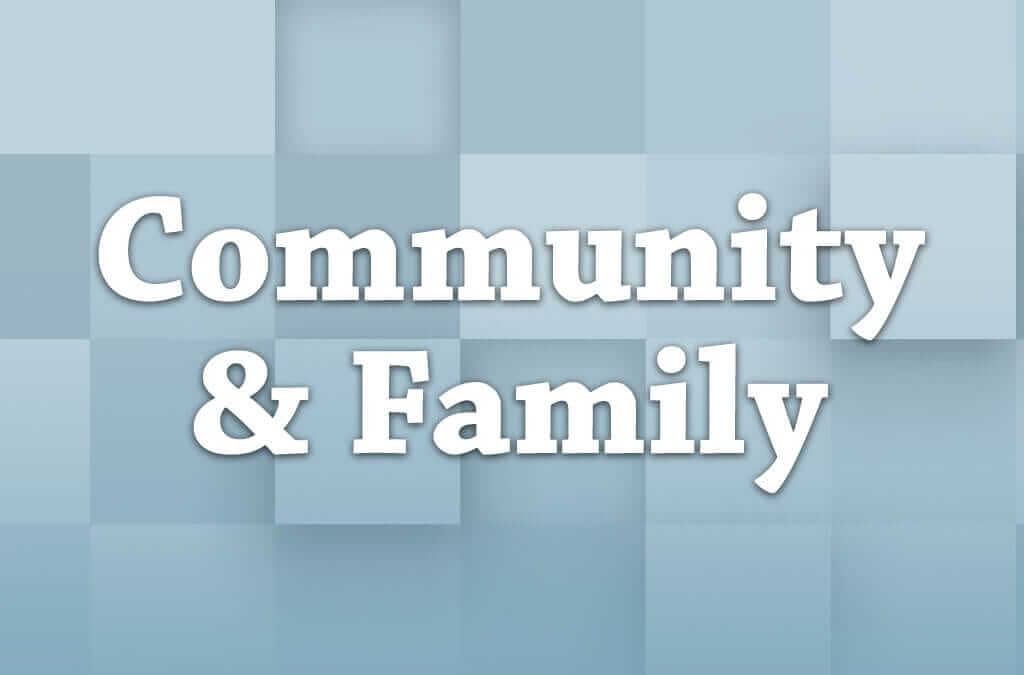Many college students will be moving tassels on mortarboards soon and looking to get their feet wet in the working world. Careful money management will be essential with those first paychecks.
Payday paranoia
The first paycheck may come with a feeling of giddiness and accomplishment, but people need to be mindful that money in can quickly become money out. Coming up with a sound financial plan and balanced budget will help keep enough money set aside for essentials and not leave you in a difficult spot toward the end of the month.
One great strategy would be to open an account just for bills and other payments and set aside the necessary amount each month before other funds are used. This is reassurance that you'll never miss a loan payment or bounce a rent check.
Stop spending
"Out of the gate, I wish young professionals would place a moratorium on spending for three months," said financial planner Scott Halliwell in an interview with the Chicago Tribune. "Start as minimal as you can and then build up."
Limiting expenses and focusing on what you actually need may seem Spartan at first but the balance of rent, food, utilities and other expenses may also come as a shock for those who've never been responsible for an entire household suite of payments. While the National Association of Colleges and Employers stated in its most recent report that median income for new graduates has gone up nearly 5 percent to just over $42,000, an inflated idea of real take-home pay can result in negative balances.
Lowered expectations
Not all grads will enjoy such a high income level. According to a study conducted by The Associated Press, about half of college graduates are underemployed or not working at all. That means more former students are scraping by waiting tables and offering "fries with that" than they are landing big-figure jobs they may otherwise have expected following graduation. On top of low earning potential, some of these positions have fluctuating income levels and don't offer health benefits, meaning if tips are bad or you can't get up and go to work, there's no paycheck for that day.
Having a sound financial plan and saving for such occasions before they occur will safeguard your future in the event of an emergency.


